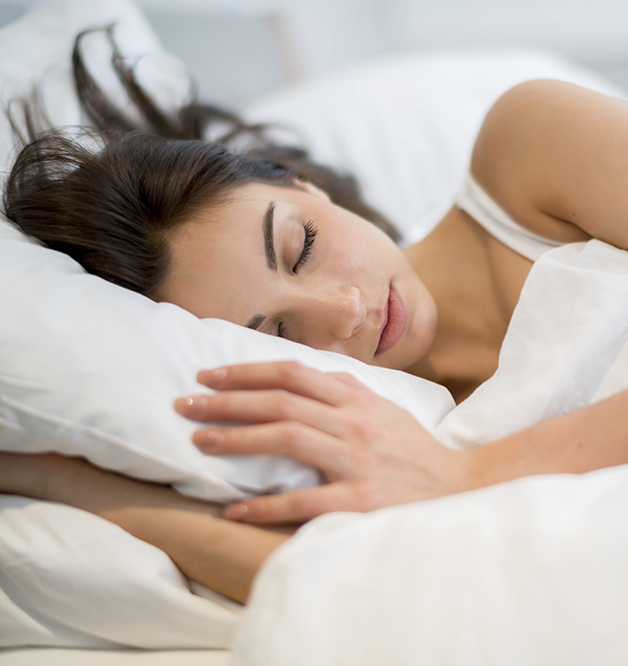
Healthy Sleep Tips To Remember
Although sleep requirements are different from person to person, most adults need between seven and nine hours of quality sleep. A person has a greater influence on quality sleep than one would think. Just by practicing some basic sleep habits, or sleep hygiene, anyone – even a person with a sleep disorder – can improve their sleep.
Set and Maintain a Consistent Sleep Schedule
Go to bed at the same time every night. If you get drowsy before your scheduled bedtime, choose a low-key activity to help you avoid falling asleep. Wake up at the same time every day, even on weekends, holidays, and other days off. If you need a bit of extra sleep, it’s better to take a 10 to 30-minute early-afternoon nap than it is to sleep late in the morning, which disrupts your natural sleep-wake rhythm. If you want or need to change your schedule, try to do so in small increments each day until you get to your new times.
Melatonin is a hormone found naturally in humans that can affect your sleep schedule. Controlled by light exposure, it helps regulate a person’s sleep-wake cycle. The brain produces more at night when it is dark than during the day when it is light. When life gets in the way and your body’s natural production of melatonin is disrupted, there are ways to give nature a helping hand. During the day, increase light exposure by spending time outside, by letting sunlight into your home or workspace, or by using a light therapy box to simulate sunshine. Increase melatonin production at night by reducing your exposure to bright light (computers, backlit devices, television, bright lamps) and by making your room as dark as possible at bedtime.

Develop a Relaxing Pre-Bedtime Routine
The process of going from being awake to being asleep goes smoother by relaxing every night before bedtime. Better sleep comes from avoiding stimulating activities. Read a book, listen to music, take a warm bath, do light stretching exercises, work on a quiet hobby, or practice relaxation techniques.

Turn Your Bedroom Into The Ideal Sleeping Environment
“Cool”, “well-ventilated”, “dark”, and “quiet” are words that describe a room that is best for sleeping. Roomy and comfortable bedding are essential elements in a sleep-friendly bedroom. It’s also not a bad idea to have a no-kids-or-pets-for-sleep-partners policy. Ideally, your bed should be reserved for sleeping and sex.
Take Care Of Yourself, Both Physically and Mentally
It is best to avoid alcohol, caffeine, and liquids right before bed. Don’t eat too much; don’t eat too little. Avoid…Better yet, quit smoking. Exercise regularly…the earlier in the day, the better.
Your mental well-being is just as important as your physical well-being when it comes to sleep. Worry, stress, and anger make it difficult to get to sleep and to stay asleep. Relaxation techniques such as deep breathing and progressive muscle relaxation help calm your mind before going to sleep.

